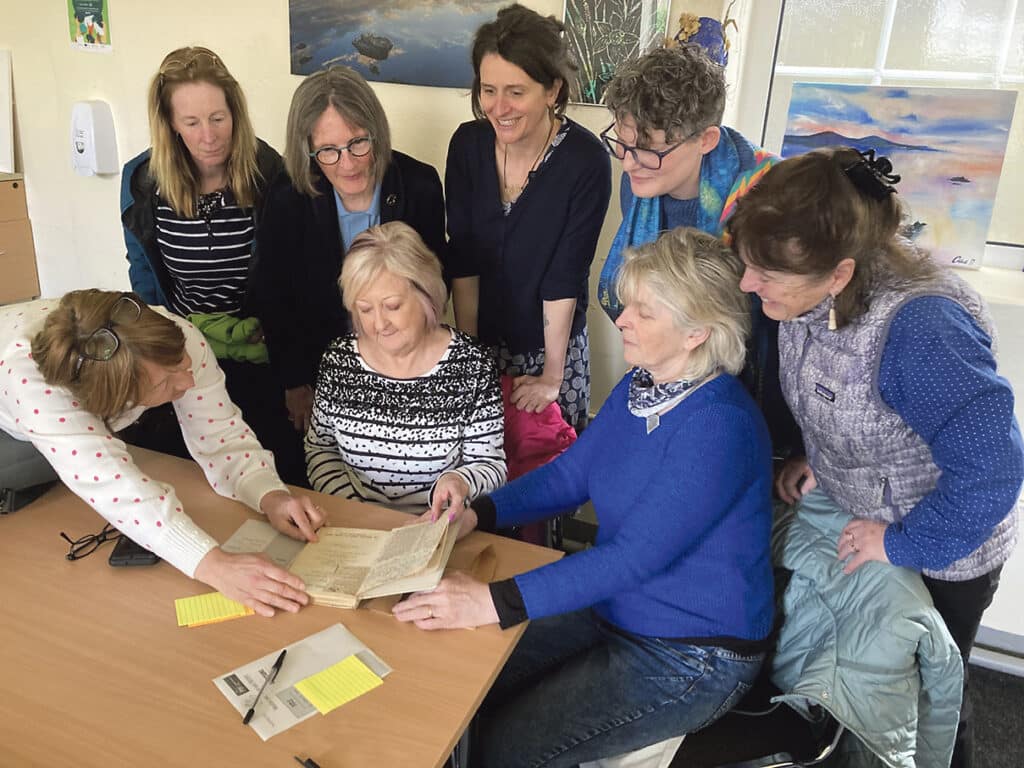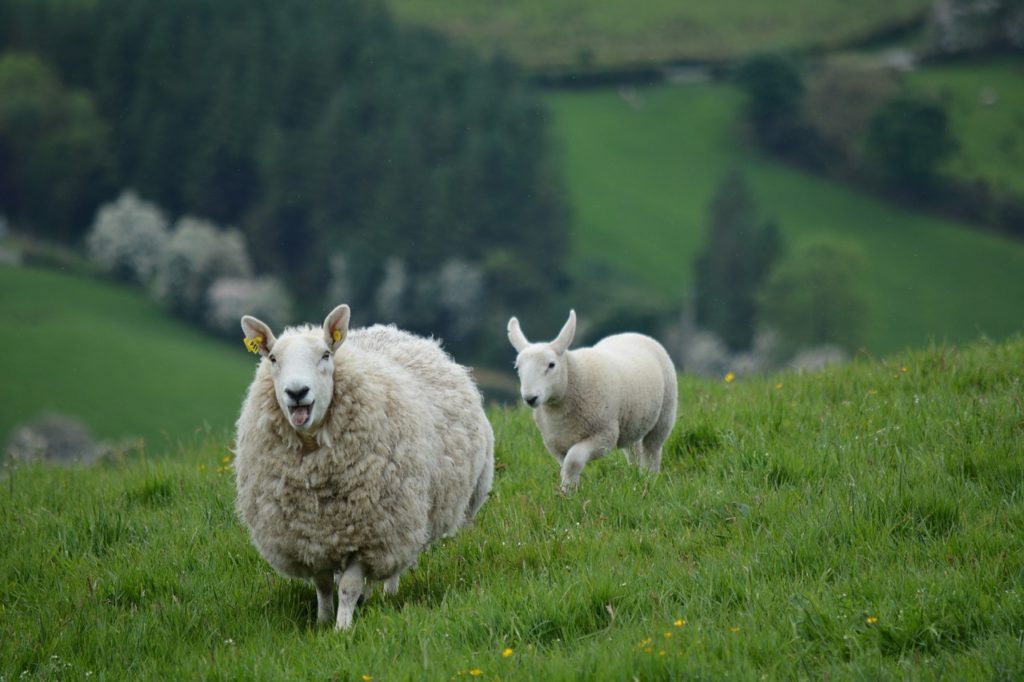
This month the ‘Waste Not, Want Not’ team has been checking in with local partners to see how the project is going: meeting with retailers, hotels, restaurants, schools and community groups ahead of our ‘farm to fork’ gathering. On April 25, food waste champions from across all sectors will have gathered to share plans and ideas to move this food waste reduction into its next phase – action: We want to get as many people as possible in our community reassessing the way they consume food – to avoid waste. The UN released its annual report last month and a staggering 1.3 trillion euros worth of food was binned in 2022 – with associated emissions estimated at five times that of the aviation industry – at a time when 800 million people were going hungry. This is no small issue, but this project aims to discover fun, engaging and enriching ways to create meaningful, lasting change by improving our relationship with food – within our community, businesses and households. Join us!
On Saturday April 13, we collaborated with Caitlin Ruth, author of ‘Funky’, who hosted a live demonstration and tasting at O’Donovan’s Hotel in Clonakilty to show us how we could make the most of what we have by pickling. The workshop was buzzing. Caitlin showed us how to see the potential of foods that may have been previously tossed by turning them into delicious pickles; we had Korean-style ‘fridge-drawer’ pickles, orange peels made into a kind of lime pickle and so many others – even learning how to make our own red wine vinegar from the last dregs of wine you might otherwise put down the sink. My favourite of the day might have been the chard stem pickle she made with Turmeric. Thanks to Caitlin, who has given us permission to share it here.
Pickled Chard stems (also works well with cauliflower leaves)
Take your washed chard stems, slice as thinly as possible, and push into an appropriately sized sterilised jar. Next, pour white wine vinegar or other white vinegar two-thirds of the way up the jar, then top with water. Holding the chard stems back with a spoon, pour off the liquid into a small saucepan. Add sea salt and sugar to taste – Caitlin recommends double the amount of sugar to salt (so if you use one tsp salt, try two tsp sugar). Add a small spoon of turmeric, a garlic clove or two, some yellow mustard seeds and bring to the boil. Pour the boiling brine over the chard stems in the jar, cover, let cool, and refrigerate for up to a month.
(Top tip from Caitlin – If you use cauliflower leaves make sure to slice very thinly and crossways ‘against the grain’ or else it can be a bit stringy)
There will be more where that came from as we develop plans for further food waste reduction-themed workshops with Caitlin on board, so stay tuned.
Find your food roots
Last week, in collaboration with the new Clonakilty’s Women’s shed, we hosted a mid-day workshop and brainstorming session around ‘Rediscovering Traditions’, exchanging ideas and remembering ways of ‘being’ that have been lost over the years.
One thing that came up several times was the family tradition of ‘Roast on Sunday, Shepherd’s pie on Monday’. We spoke about how Shepherd’s pie, along with so many dishes from other cultures have been born out of a desire to minimise food waste – aka necessity (think Arancini balls from risotto or fried rice from leftover). Sunday was the day of rest, the day we had time to cook a big meal for the family, and also the day we had time to prepare for the week. In roasting a joint of beef or lamb we weren’t just thinking about Sunday dinner, we were thinking about Monday and Tuesday and beyond. Leftovers were not really considered leftovers but preparation and time saving for the week ahead! It’s interesting to think about how many of these ‘leftover’ meals are now made from scratch – or even sold individually packaged as ready meals. By losing these traditions of food preparation the dishes have been disconnected from the solutions they originally offered. Soup, stew, casseroles, these are all meals that can absorb and transform leftovers – think of all that potential lurking in the back of your fridge!
We heard that in Clonakilty, Houlihan’s bakery used to make Chester cake – a mix of all the leftover loaves bound together again with dried fruit, iced and made into something new. Given that last month we were reflecting on bread being one of the most wasted foods in the home, isn’t it wild that we have lost this tradition? There was talk of breadcrumbs, of stuffing, of bread and butter pudding and of other traditional foods that have fallen out of favour in light of all the new packaged goods available on supermarket shelves. How can we revitalise and rediscover some of these traditions?
One theme of this project that is becoming clear is that food waste is linked to a general erosion of connection and community – yet we long for connection, and we want to feel part of our community. Maybe food can be the answer! Can you get together and batch cook with friends, do you have someone in your family that you can ask to teach you a recipe, or could you teach your grandchild how to make tea brack? I remember vividly the day my grandmother taught me how to make pastry. It was near the end of her life, she was having a rare good day, and for some reason we found ourselves in my mother’s kitchen, making a pie (no surprise really as I loved her pies). I remember her teaching me how the dough was supposed to look when you had the flour-to-butter ratio right (should look like breadcrumbs) and how soft it was meant to feel when it was ready (a baby’s bottom!). No measurements, just eyes, hands and connection. I would love to hear any stories you might have or recipes that you think need to be passed on.
For more information and to connect with this project visit www.voiceireland.org/
wastenotwantnot


